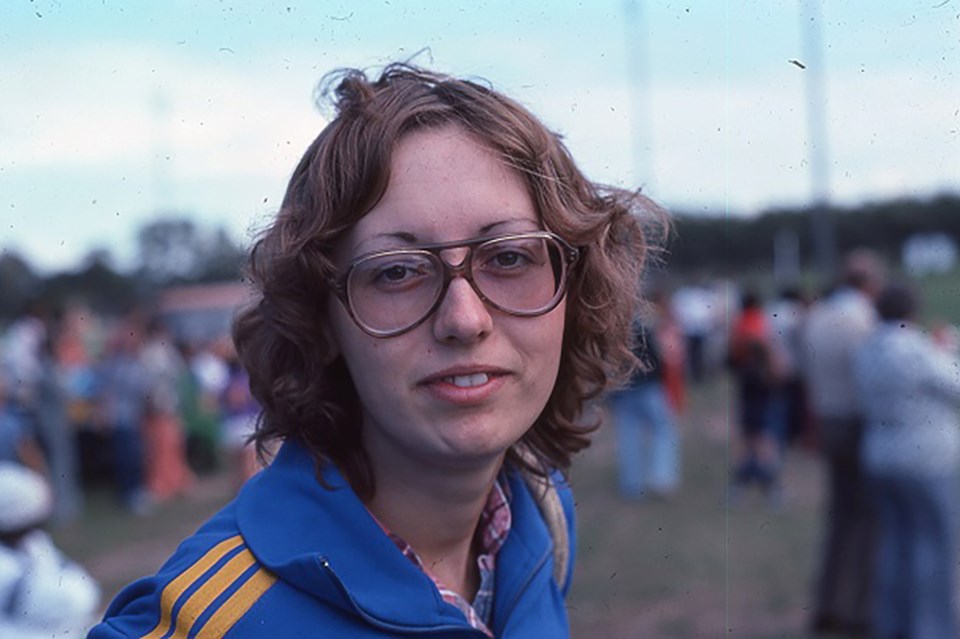Albert Wierenga took up walking after he suffered an acute brain injury in 2012, and he was advised walking would help in his recovery.
He said he began hiking along the rural concession roads in Bradford West Gwillimbury back in 2013 – and took note of the litter in the ditches: not only plastic water bottles and coffee cups, but beer cans and alcohol bottles.
Initially, he saw the cans and bottles as “dimes waiting to be picked up.” Now, he sees them as signs of a much deeper problem.
“For the last five-plus years I have walked the roads in and around Bradford, retrieving all visible, throw-away alcoholic containers,” Wierenga said.
He has been shocked by the results. “This past month, the total number collected since the summer of 2013 is now over 12,000. It means that way too many drivers are drinking while moving at speed.”
It’s not the drinking that upsets Wierenga – it’s the combination with driving.
“One chooses to drink. One chooses to drink more than is responsible. When one then additionally chooses to drive while inebriated it means that you, when you cause lethal incidents, are committing manslaughter if not murder,” he said flatly.
He has good reason for his views.
“Forty years ago, on April 13, on a Good Friday, we lost Susan Wright, a Bradford District High School secretary,” Wierenga said. “Susan was killed by an inebriated driver a week before her wedding to my brother. There have been too many more similar killings since then. When will these incidents stop?”
He has collected more than $1,200 from picking up alcohol containers at roadside. Not wanting to benefit personally, he donated the money to The War Amps.
There are some areas that tend to have more discards than others “but you’ll find them anywhere,” said Wierenga, noting he is not the only walker who picks up the returnable bottles and cans. “To put numbers on walks, on Tuesday I walked the gravel service road beside Highway 11 (Yonge Street) from the Bradford bridge south. I found over a hundred.”
“Personally, long walks without any “dimes calling” are preferable to walks where these throwaway dimes accumulate into dollars,” Wierenga said.
He has a special request for BWG families: “Could I ask all of you welcoming home husbands, wives, children, parents – when you smell alcohol on their breath to challenge them as to the reason?”
Wierenga said he just wants to take his long walks without finding any more “dimes waiting to be picked up,” and see an end to the tragedies caused by drinking and driving.
South Simcoe Police Inspector John VanDyke confirmed the statistics from 2018 show impaired driving continues to be the "leading criminal cause of death in Canada," killing an estimated four people each day, with "many more injured."
"The police are well aware that people who are drinking and driving don't usually drive down the main street in town," said VanDyke. "They will take roads that are less heavily travelled. We are well aware of that."
It is something that police take into consideration, when setting up R.I.D.E. (Reduce Impaired Driving Everywhere) checkpoints, he said. "We do strategically set up R.I.D.E. checks," and will be watching for drinking drivers.
